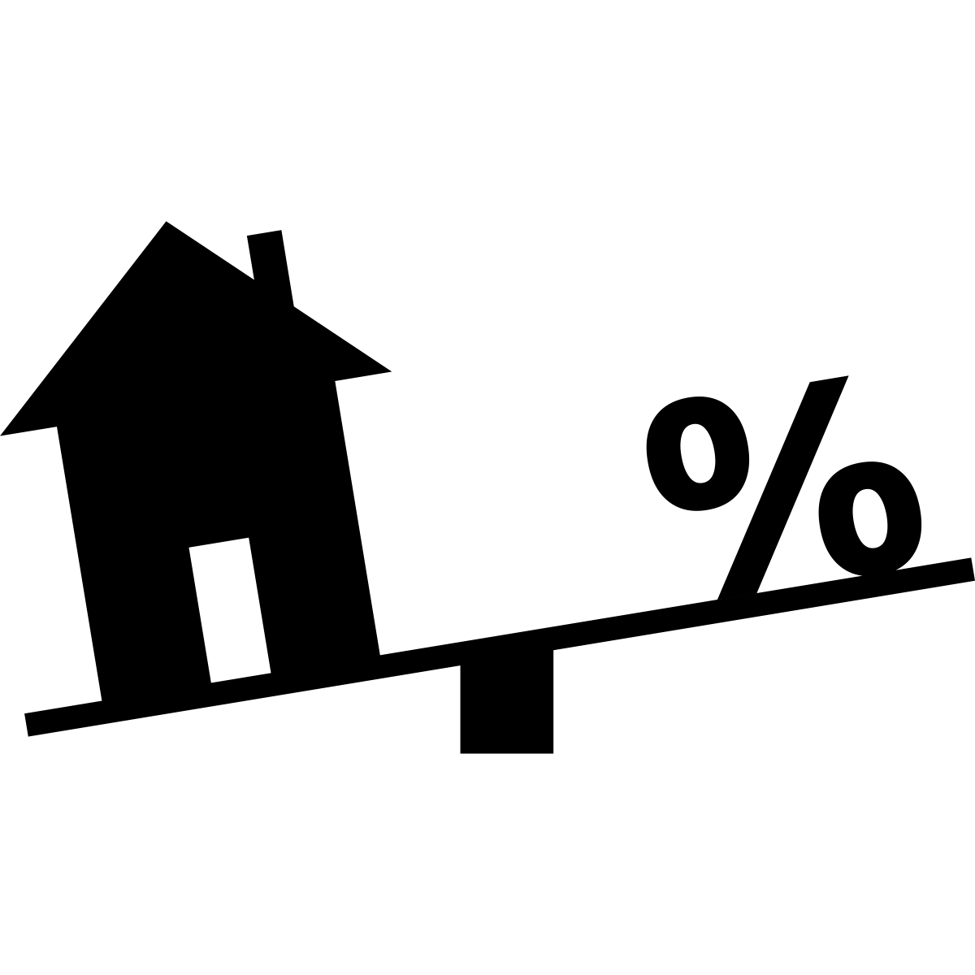If you're buying a home, understanding the difference between a deposit and a down payment is key. While both involve upfront costs, they serve different purposes and happen at different stages.
What is a Deposit?
A deposit is a good-faith payment submitted with your offer to show the seller you're serious. It’s usually held in trust until closing and later applied toward your down payment. The amount is negotiable and can strengthen your offer, but it may be non-refundable if the deal falls through without a valid reason.
What is a Down Payment?
A down payment is the portion of the home's purchase price you pay upfront at closing. It directly affects your mortgage amount and monthly payments. In Canada, the minimum required ranges from 5% to 20% depending on the price:
* Up to $500,000: 5%
* $500,000–$999,999: 5% on the first $500,000, then 10% on the rest
* $1 million or more: 20%
If your down payment is under 20%, you’ll need mortgage insurance (from CMHC, Sagen, or Canada Guaranty), which adds an extra cost based on your mortgage amount.
Timing: Deposit vs. Down Payment
Deposit: Paid when the offer is made, held in trust, and applied to your down payment at closing.
Down Payment: Paid on closing day to finalize the purchase.
If the deal doesn’t close, your deposit may not be refunded unless your agreement includes specific terms.
Builder Deposits
Buying a pre-construction home? Builder deposits are different. They're paid directly to the developer—usually in stages—and help fund construction. These deposits become part of your down payment but are required earlier than in resale transactions.
Final Thoughts
In short:
Deposit = Shows intent, paid with offer
Down Payment = Final purchase payment, made at closing
Understanding both helps you plan your finances more confidently. For expert guidance, feel free to contact me - I'd be happy to answer your real estate questions.

